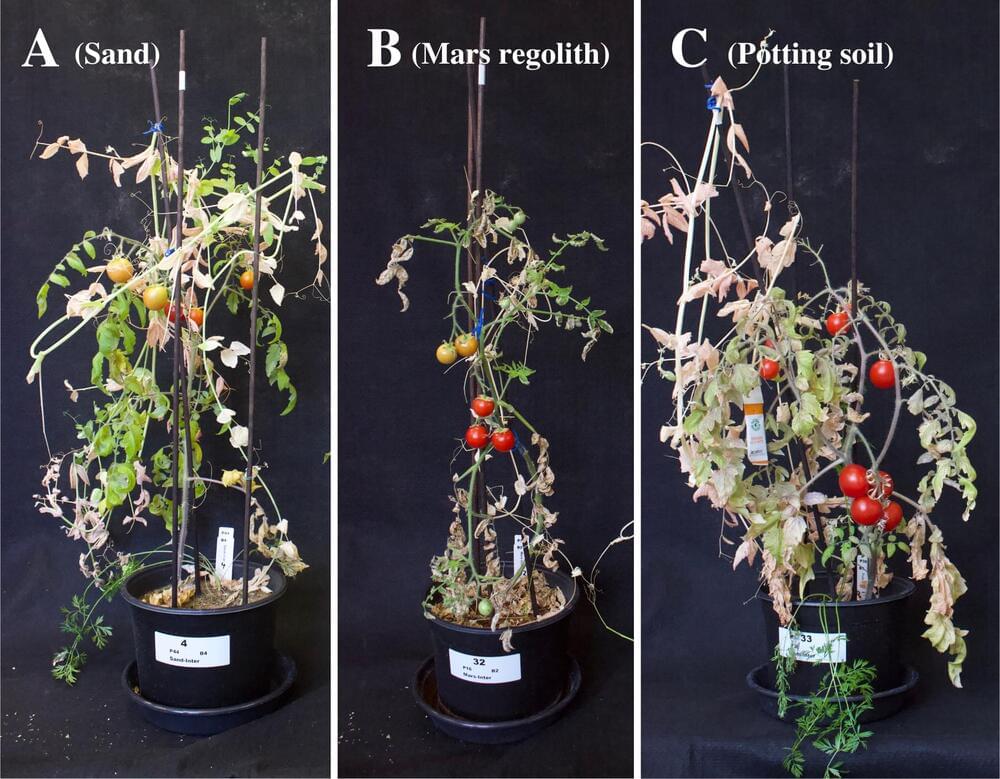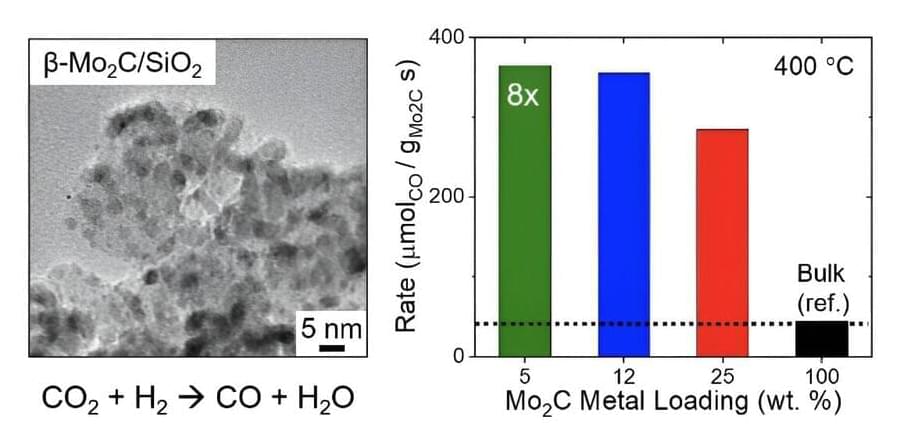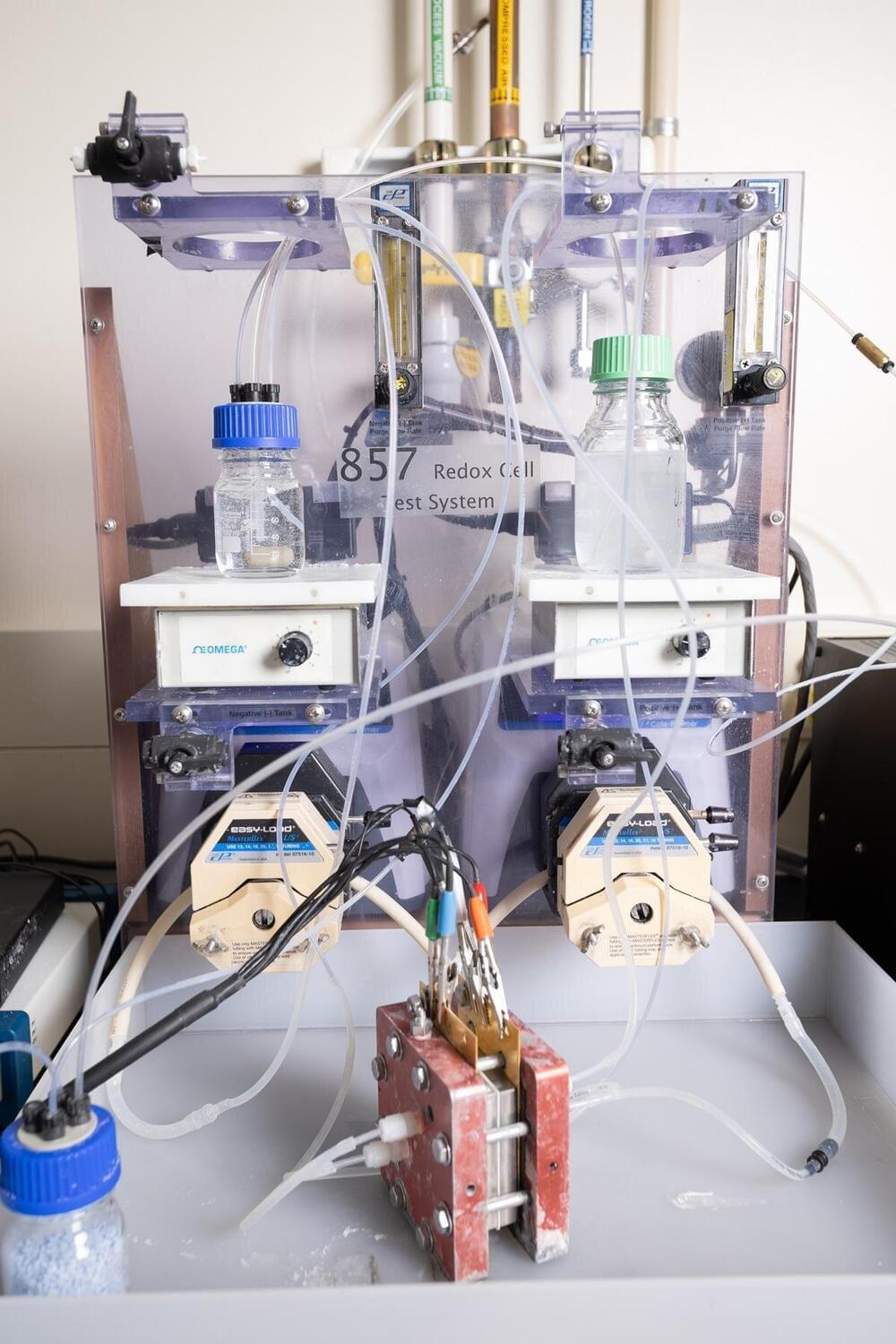If humans build settlements on Mars, how will they feed ourselves? Waiting on deliveries from Earth would take too long and costs would be exorbitant, since getting to the Red Planet is currently a nine-month one-way journey. On top of that, dehydrating foodstuff—the best preservation method for perishables sent to space—removes vital nutrients.
More than likely, Martian settlers will need to grow their own food.
Researchers are now exploring how best to optimize crop yield on Mars using intercropping, a technique perfected by Maya farmers centuries ago that involves growing multiple plants in close proximity to one another. Their findings—published this month in the journal Plos One—could not only benefit the pioneers who end up colonizing the Red Planet, but also farmers here on Earth amid a rapidly changing climate.







